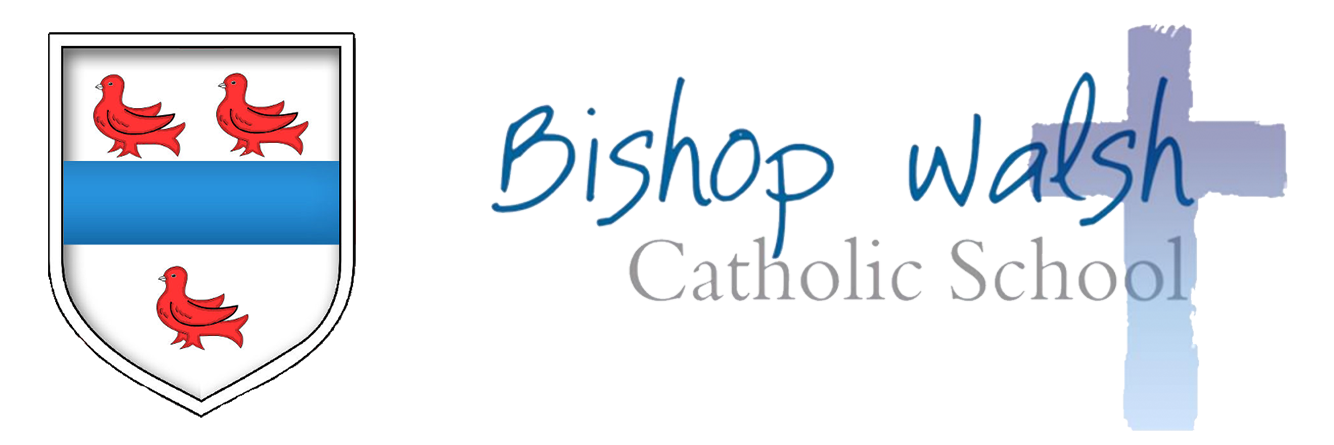Teaching & Learning
Modern Foreign Language
MFL Curriculum Intent and implementation
We aspire to give our pupils a broad and ambitious MFL curriculum, which is rich in knowledge and skills, develops fluency and language proficiency in stages, develops self-efficacy, promotes diversity and tolerance of other cultures and also augments pupils’ cultural capital. Our curriculum will give pupils the opportunity to use receptive and productive language skills for communication in the real world, for their immediate needs, interests and beyond. They will have a secure understanding of the key grammatical concepts required to manipulate language effectively. We also aim to develop their confidence and autonomy to access new and unfamiliar language through the use of decoding skills brought about by the explicit teaching of phonics and sound patterns. Our pupils will work towards becoming fluent and spontaneous speakers of MFL. They will also learn specific language acquisition skills which will stand them in good stead for future language learning. We want our learners to demonstrate resilience and to be unafraid of making errors.
Our lessons are delivered employing the expert subject knowledge of experienced teachers who have a passion for languages. We are currently a partner school of the Trent and Tame Language Hub.
In Years 7 and 8 we largely follow the research- and evidence-based MARS-EARS approach by Conti. We use booklets which contain carefully-sequenced Sentence Builders to interleave structures, communicative functions and grammar. Over a sequence of lessons pupils move from receptive practice to structured production. Subsequently we remove the scaffolds of the sentence builders to enable pupils to aim for fluency. With the ‘less is more’ approach, we ensure that pupils will remember more over time. Phonics are taught systematically throughout this key stage. Metacognitive approaches are employed to enable pupils to have a good awareness of what works for them as linguists.
In Year 9 pupils revisit the skills and knowledge developed in year 7 and 8 but with a much stronger emphasis on explicit grammar instruction. Pupils will learn to use a full range of tenses and employ them in written and spoken work. Towards the end of year 9 we cover a ‘bridging curriculum’ which prepares them for the demands of GCSE.
Cultural capital is also important and so a range of cultural projects are embedded into the curriculum.
Formal and informal assessments are used to inform future learning in subsequent modules, allowing teachers to focus on areas of knowledge and understanding which may need more practice.
We believe in the importance and utility of an MFL at GCSE level and so languages are a fixed option choice for most pupils at our school. The current Year 9 have made a choice between Spanish, French or Polish at GCSE. We also give pupils the opportunity to take a GCSE in their mother tongue – in the past this has included languages such as Russian, Italian, Portuguese and Cantonese. KS4 pupils study their language for 5 hours per fortnight and we follow the AQA specification.
Retrieval tasks
Lessons usually begin with a retrieval task which tests prior knowledge or the knowledge acquired through a learning homework. This may be done via whiteboards, booklets or in their exercise books. In this way, teachers are able to gain a good picture of pupils’ knowledge.
Explanation and reading
Within the booklets at KS3 there are a number of narrow-reading texts which are used to further practice the structures being focused upon, as well as to improve their reading skills. Pupils may be asked to read individually or practise reading in pairs in order to strengthen sight-sound correspondence and improve pronunciation.
The teacher may read a text and pupils will follow it. Pupils will annotate more complex texts and may be asked to complete tasks such as finding key words or synonyms.
Modelling
Staff use a range of techniques to model language verbally and visually. This could be via sentence builders, video or audio clips, presentations or use of the visualiser. The ‘I do, we do, you do’ approach is used when introducing new structures or vocabulary. Careful teacher questioning ascertains the depth of the learning taking place. A ‘no hands up’ approach to questioning ensures that all pupils are engaged.
Deliberate practice
Deliberate practice is carried out via reading, listening, speaking and writing as individuals or in pairs. Students are given a lot of opportunity for a range of independent practice both within the lesson and during home learning. This could be done as an individual or as part of a pair. As a department we engage in mass practice, spaced practice and interleaved practice. Multi-modality activities are also used for LAM-RAM activities and also in structured production. Whiteboards enable all pupils to participate fully in activities and give teachers quality feedback on progress throughout the lesson.
